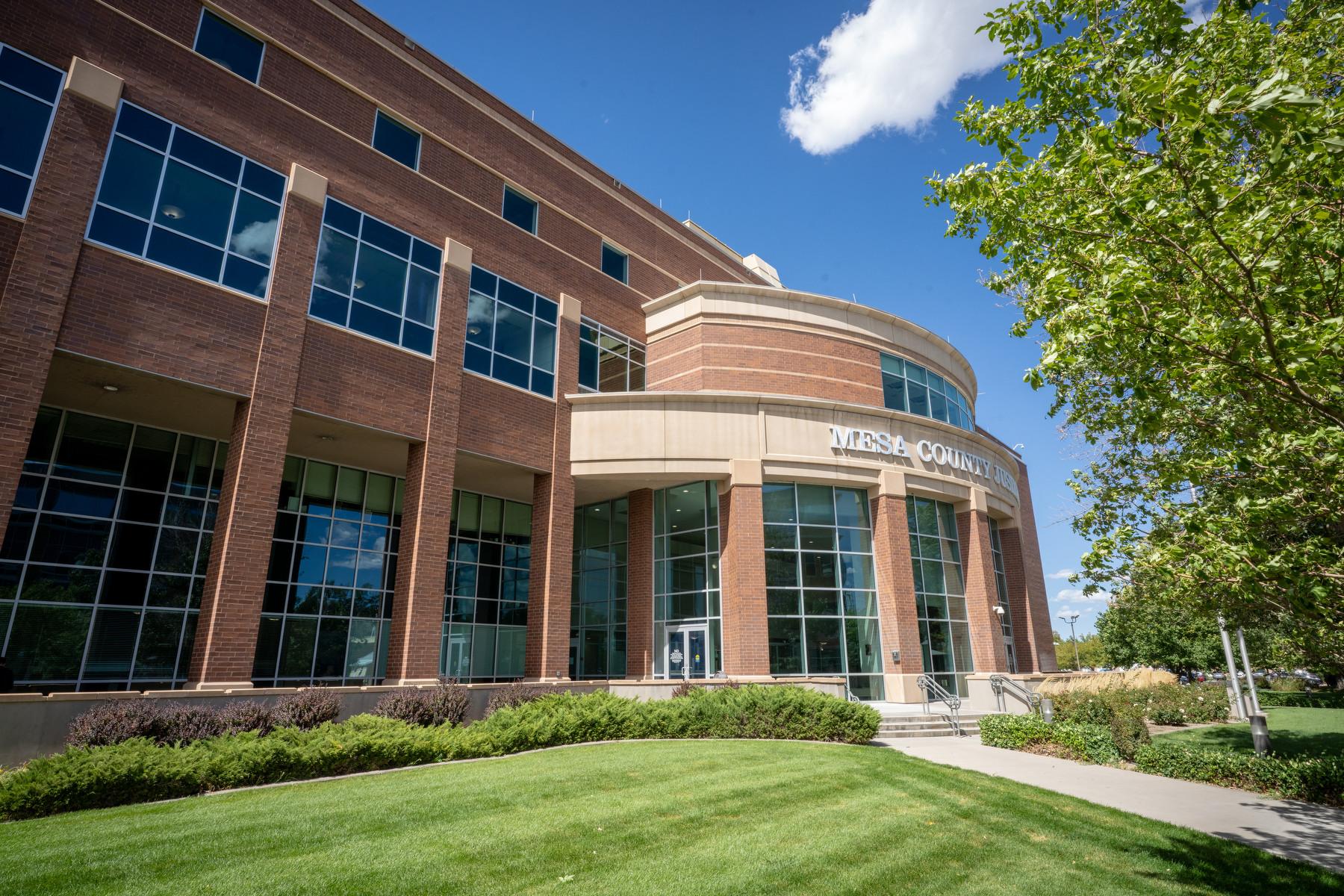As the state transitions to legalized marijuana, many of the laws successfully governing the medical system will simply be transferred to recreational pot. But one policy is sharply dividing Colorado’s marijuana industry. Its requires all retail medical marijuana shops to grow their own product. CPR’s Ben Markus reports.
Reporter Ben Markus: It’s called vertical integration. For those of you who skipped economics 101, that’s when a single owner controls all elements of the supply chain. Think Andrew Carnegie and his great steel empire -- owning the ore mines and the steel mills. Today, that model is on full display at River Rock dispensary in North Denver. Where a new customer gets help from the guy behind the counter.
Bud Tender: It’s your first time in today, you gonna get $35...
Reporter: All the marijuana the customer sees in the display case is grown just on the other side of the wall in River Rock’s state of the art grow operation.
Norton Arbelaez: So now we are in the guts of the operation back here.
Reporter: Norton Arbelaez is one of the owners of River Rock. Intense light shines down on the bright green plants and the air is humid.
Norton Arbelaez: Basically what we’re doing is recreating nature, that means controlling for light, temperature, and relative humidity.
Reporter: Three years ago Colorado lawmakers essentially forced retail shops and grow operations to merge. Requiring each store to grow at least 70-percent of it’s own product. The state thought the industry would be much easier to regulate that way. One retail shop, one grow operation, one owner. Arbelaez says it would be foolish to change that system for recreational marijuana. A system that’s worked, a system that’s kept the feds out of Colorado for the most part.
Arbelaez: The eyes of not only Washington DC, but of all the other medical marijuana states and the prohibition states are on us. And so stability is crucial, not allowing unknown factors to come in a produce unknown results.
Reporter: The feds aren’t talking to the media about Colorado or Washington’s plans for a recreational marijuana industry. But it’s believed that Colorado’s tightly regulated medical system is a reason DEA agents haven’t been busting down doors and sending dispensary owners to prison. Michael Elliot says vertical integration is central to that system. He runs the Medical Marijuana Industry Group. If a grow operation didn’t also have a retail storefront then, he says, it would have no guaranteed outlet to sell the drug.
Michael Elliot: And if they don’t have a legal way to sell it, what’s going to happen? They’re going to be incentivised to take it out of state, to put it in our schools.
Reporter: And that could force the feds to shut the whole thing down. But others in the industry say that’s hyperbole.
Kayvon Klibari: They act like it’s the end of the industry
Reporter: Kayvon Klibari is co-owner of Denver Relief on South Broadway.
Klibari: And there’s so much drama that’s placed in there, in their talking points, that it’s just unnecessary, it doesn’t do anybody any good, because it takes us further apart from that middle ground.
Reporter: Klibari says that as long as regulators have an inventory tracking system and video surveillance, the state will know exactly when marijuana goes missing and who’s responsible … who owns what business is irrelevant. Besides, he says, the sheer costs of starting a marijuana business these days is enough to prevent owners from selling on the black market when they can make plenty of money legally.
Klibari: Why would somebody honestly put 2 to 5 million dollars in this in an initial investment to get this up and running and start from scratch only to be diverting product out the back door, it’s just silly, no one would do that.
Reporter: He says dispensaries that want to keep vertical integration are being protectionist -- they know that requiring retail shops to build grow houses will make it harder for newcomers to get into the market. Klibari’s business partner Ean Seeb says there could be real advantages to dropping vertical integration.
Ean Seeb: You know I think it gets into core competencies and maybe some medical marijuana centers are really good at retail and really good at customer service and they’re terrible at growing.
Reporter: So why force them to do both? In the end, the efficiencies that come from doing what you do best will lower the cost of business and perhaps the price of marijuana. Others say allowing retail shops to buy as much marijuana as they want on the wholesale market could reduce shortages that strike some of the smaller dispensaries. That brings us back to Norton Arbelaez who runs River Rock. He agrees that forcing vertical integration is not a normal business regulation. But marijuana is not a normal commodity. And he adds that many businesses are thriving in spite of it.
Arbelaez: You know, our philosophy is this: if it ain’t broke don’t fix it.
Reporter: The Governor’s Task Force will make its recommendations on how best to structure the marijuana industry by the end of the month. After that it’s up to the legislature.
[Phot courtesy of RiverRock]







